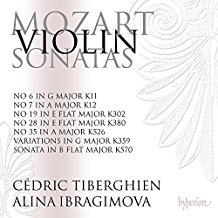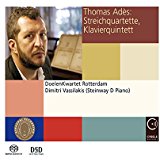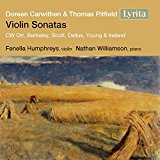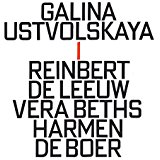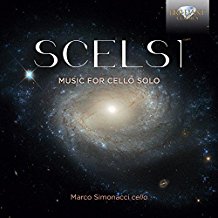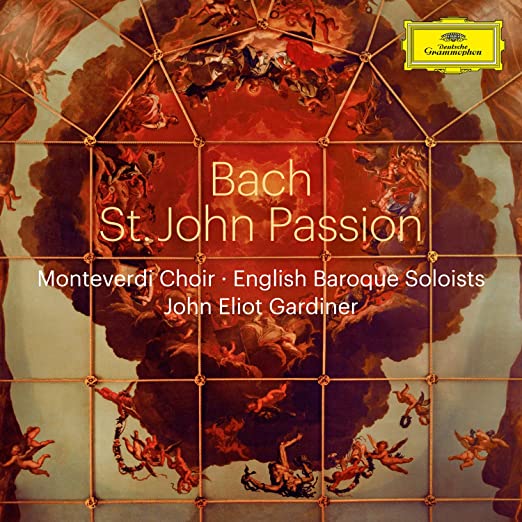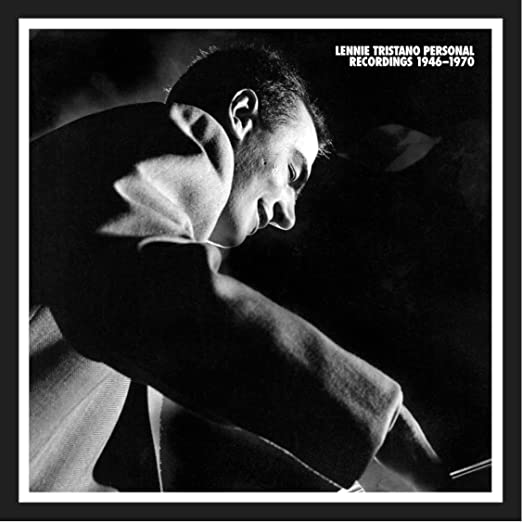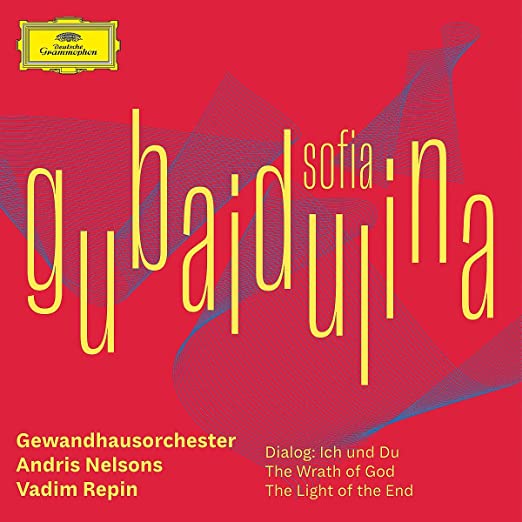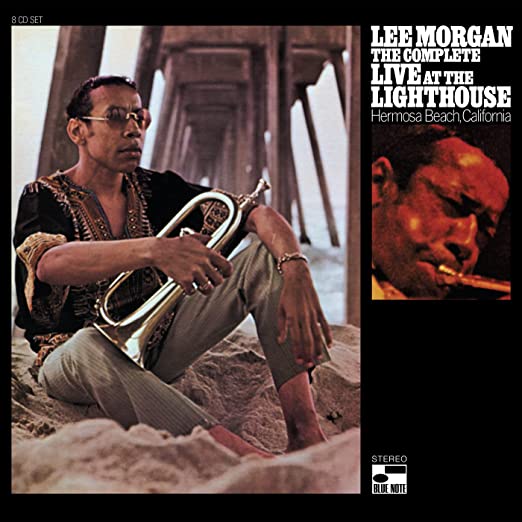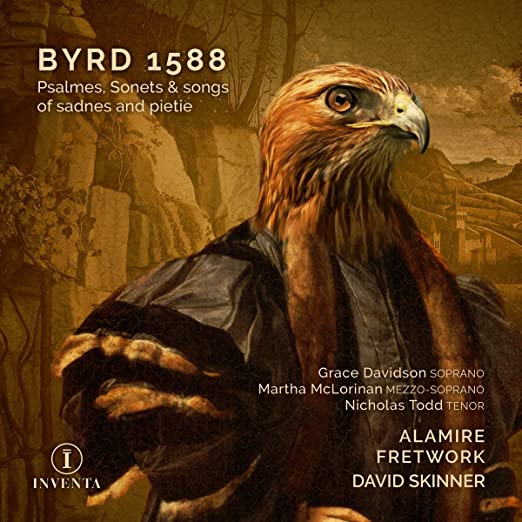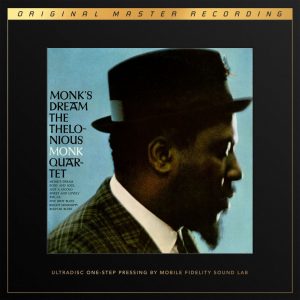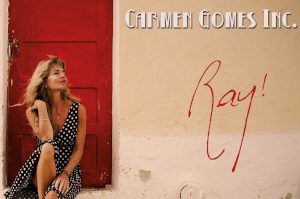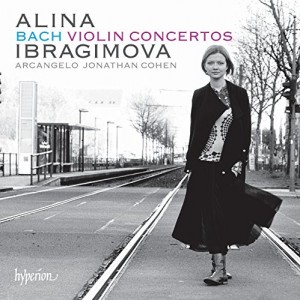Mozart, Violin Sonatas, Nos. 5, 6, 7, 28, 35; Variations in G minor; Sonata in B flat Major, 570. Alina Ibragimova, violin. Cédric Tieberghien, piano. Hyperion CDA 68175. (2 CDS for price of one).
Alina Ibragimova plays Mozart as if he is at the center of her repertoire. He suits her refined tone and willingness to play—frolic even. We concentrate on her rather than her playing partner, Tiberghien, because that is what we always do with these sonatas, though we know they were composed for piano accompanied by violin. The earlier works here, composed when Mozart was nine, are conspicuously for the piano. So it is important to say up front that Tiberghien is a full partner, as he has been since these two performers broke on the scene with their performances of Beethoven's sonatas for the Live at Wigmore Hall seven years ago. Musically they sound inseparable, his vigor the perfect balance for her grace.
But there is no ignoring Ibragimova's violin. No one I know of brings out the sheer beauty of this music as well. To my ears, this is the best she has ever played: it is the first time I've felt justified in calling her Mozart definitive. As I've written in reviews of the earlier issues in this series (this is volume five), if you prefer the Mozart of Amadeus, you may prefer the pairing of Podger and Cooper who are full of brio and rascality on Channel Classics. Great fun but an eccentric Mozart. For my ears, among today's musicians Ibragimova and Tiberghien are the real ones.
Thomas Adès, String Quartets, String Quintet. Doelen Quartet; Dimitri Vassilakis, piano. Cybelle SACD 261603.
Contemporary English composer Thomas Adès and Polish contemporary Krzysztof Penderecki have nothing in common other their standing astride the twenty-first century musical world together. Adès is the master of ‘modernist exquisite—his music comes to us as what T.S. Eliot called "felt thought:" it penetrates the brain and the emotions simultaneously. No more compellingly than in the three works for string quartet and piano quintet on this album. Fractured rainbows of sound occupy the air.
It would be easy to say that where Penderecki is the heart and Adès the mind—and I'm sure at a distance that's how they sound to some listeners. But I find the extremities of heart in Adès' music, it's just that the heart is intricately connected to the whole being. This music is available in several recordings but none better than this one.
Violin Sonatas: C.W. Orr, Berkeley, Scott, Delius, Young, and Ireland. Doreen Carwithen, violin; Thomas Pitfield, piano. Lyrita SRCD 359.
Most of us have a weak spot somewhere in our critical consciousnesses: mine is for minor twentieth century English composers, a handful of whom are represented here. (Was all of this music written by the same composer? its detractors ask.) I find these composers' default muse pleasing and so can abide the sentimentality that comes with it better than, for example, with minor American music of this same period, some of which tends to sound like manuscripts that Copland threw out. I also favor minor English chamber music, perhaps because the lean textures mitigate some, though not all, of the excesses of sentiment.
This is the music that Benjamin Britten rebelled against, though John Ireland represented here was one of his composition teachers. I find it less distinctive but ultimately more appealingly elusive than that of Ralph Van Williams, who was the far more popular contemporary of most of them. The prince of minor English music is Gerald Finzi, who can break the heart. He is not here but the unknown-to-me Thomas Pitfield is, and his Sonata No. 1 (1939) is lovely stuff.
Proceed at your own risk, especially if you prefer tough-minded music. There are some jewels in here and the musicians are first rate. This is not a reissue of legendary recordings from Lyrita's vinyl catalog—it was recorded in 2016. So the sound is clear and natural rather than deliciously vinyl-like. Speaking of tough minded...
Galina Ustvolskaya. Chamber Music. Trio for Violin, Clarinet and Piano; Sonata No. 5 for Piano; Duet for Violin and Piano. hat [now[ Art 194.
I'm not sure you have to be a boldly open-minded fan of second generation modernism to like Russian avant-garde composer Galina Ustvolkaya (1919-2006), but it probably helps. A student and protegé of Shostakovich, she took off on her own aesthetically to parts yet unexplored, taking some of us with her, leaving some behind. This album is a fine introduction to her work, as good as any I've heard. I'll buy anything with her name on it—even though it has meant some duplication. No big deal. Come on in and join the fun. Speaking of which...
Scelsi, Music for Cello Solo. Marco Eimnonacci, cello. Brilliant Classics. 95355.
Giancinto Scelsi (1905-1988) takes us even farther on a modernist ride. I came to this particular recording after taking similar rides with him on solo piano, flute, clarinet, saxophone, oboe, and violin over the past couple of decades. Scelsi loves solo instruments, gives them time and space to reveal quite literally all they can do expressively. As with Ustvolkskaya, you have to be willing to go, or at least to start out. He will take you once you're on board. You need to be alone in a quiet place and you will need to be patient. I have never known what it means to "understand" music beyond the sense of having go with it to where it wants to go. Understanding traditionally means gaining some intellectual idea of what something is about. But music's meaning in entirely emotional, not to short change emotions, which can be structured, complex, etc. And emotions do not have intellectual content that can be extrapolated, though god knows many music critics have tried: in this sense, at best, there can sometimes be cognitive equivalents. I do not know what Scelsi's music is about or is the cognitive equivalent of, only that to these ears it has proven hospitable, inhabitable, and engaging over the years.
I appreciate that this is not a sales pitch! Rather, it's a personal invitation.
System used for this audition: Resolution Audio Cantata 3.0 CD player w/BlackJack power cord; Blue Circle solid state NSC preamplifier; Audio Note Empress 2A3 tube mono-block amplifier and K/SPx SE loudspeakers; Crimson interconnects and speaker cable; Mapleshade Samson equipment rack.
Bob Neill, a former equipment reviewer for Enjoy the Music and Positive Feedback, is proprietor of Amherst Audio in Western Massachusetts which sells equipment from Audio Note (UK), Blue Circle (Canada), Crimson (UK), Jean Marie Reynaud (France), Resolution Audio (US), and Tocaro (Germany).




